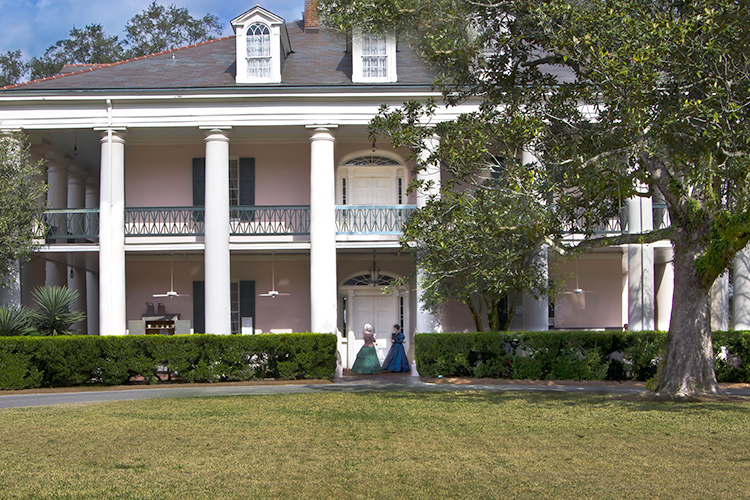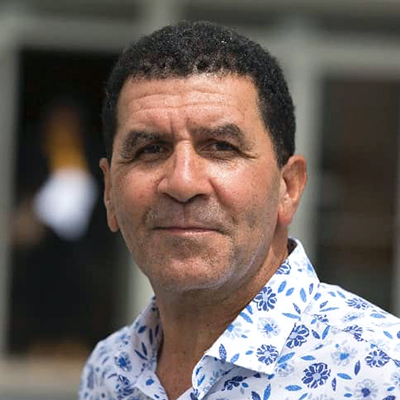Subscribe to Berkeley Talks, a Berkeley News podcast that features lectures and conversations at UC Berkeley.

Oak Alley Plantation in Louisiana (Photo by praline3001 via Flickr)
In this Berkeley Talks episode, Stephen Small, a professor in UC Berkeley's Department of African American Studies, and interim director for the Institute for the Study of Societal Issues, discusses research from his upcoming book, tentatively titled Inside the Shadows of the Big House: 21st Century Antebellum Slave Cabins and Heritage Tourism in Louisiana.

Stephen Small is a professor of African American studies at UC Berkeley, and the interim director of the Institute for the Study of Societal Issues. (Photo courtesy of Stephen Small)
Since the 1990s, Small has visited more than 200 plantation museum sites in 10 states. Tours of these sites included narratives that privileged white elites and consistently avoided mention of slavery and the experience of enslaved people, said Small.
"Slavery is typically described in passive, general and abstract ways," said Small. "If mentioned at all, Black people typically appear as an undifferentiated stereotypical mass, with few exceptions."
But, he said, these one-dimensional narratives don't go unchallenged. In addition to information slowly changing at some plantation museum sites, critical narratives have emerged that work to undermine distortions, neglect and erasure of Black people in Southern heritage tourism.
Slave cabins, for example, are "deeply ambiguous spaces" that were "built for the profit, power and aggrandizement of master-enslavers and their families," and, at the same time, served as a refuge for the enslaved, providing spaces where forms of resistance and rebellion took place. Over the last decade, he said, some plantation sites that once largely ignored the cabins have brought them into the spotlight, using them to paint a more complete picture of what life was like for Black people on the plantation.
Listen to the complete lecture in Berkeley Talks episode #95: "How plantation museum tours distort the reality of slavery."







